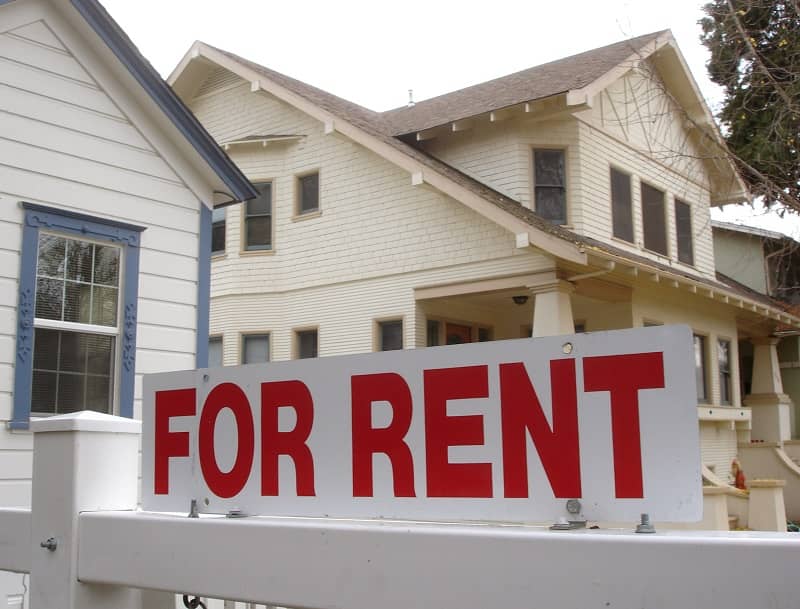By John A. Charles, Jr.
On February 14 the Oregon State Land Board – comprised of Governor Kate Brown, Treasurer Tobias Read, and Secretary of State Dennis Richardson – voted 2-1 to sell 82,450 acres of the Elliott State Forest to a consortium of private parties led by Lone Rock Timber Management Company. The agreed-upon sale price is $220.8 million; and the net proceeds will be placed in the Oregon Common School Fund (CSF), an endowment for public schools.
This parcel is a small part of the Oregon Common School Trust Land portfolio of 1.5 million acres of lands that must be managed by the Land Board to maximize revenue over the long term for the benefit of public schools.
For many years the Elliott was a money-maker, but environmental litigation steadily reduced timber harvesting to a trickle. For the last three years the Elliott has actually lost money, which prompted the Board in August 2015 to vote unanimously to sell the Elliott and put the proceeds into alternative investments.
As a long-time Board member, Gov. Kate Brown repeatedly voted to sell the forest, but in December 2016 she changed her mind and announced her intent to use state bonding capacity to buy a portion of the Elliott and keep it in public ownership. Treasurer Ted Wheeler and Secretary of State Jeanne Atkins agreed with her conceptually, but no formal vote was taken and both of them have since left the Board.
At the meeting earlier this week, Gov. Brown made a motion to terminate any further negotiations to sell the forest, despite the fact that Lone Rock and its partners had spent at least $500,000 putting together a good-faith offer in response to the Land Board’s sale protocol. Her motion never received a second.
New Treasurer Tobias Read indicated that he was uncomfortable walking away from the offer at the last minute, and that the legal doctrine of “undivided loyalty” to Common School Fund beneficiaries – public schools – compelled him to sell the money-losing forest. Secretary of State Dennis Richardson concurred and the Governor was out-voted.
Cascade Policy Institute has been urging the Land Board to sell the Elliott since 1996, when the forest was valued at roughly $800 million. It was evident to us that over the next several decades, environmental lawyers would treat the Elliott like a legal piñata and file continuous lawsuits to prevent timber harvesting. That is exactly what happened, turning this vibrant forest into a net liability by 2013.
Cascade published a number of technical papers demonstrating that over virtually any time period and under any reasonable set of assumptions, Oregon schools would be better off if the Board simply sold the forest and put the net proceeds into stocks, bonds, and other financial instruments. These papers were ignored by multiple generations of Land Board members, including John Kitzhaber, Ted Kulongoski, Jim Hill, Phil Keisling, Randall Edwards, and Kate Brown.
Many editorial writers are urging the Land Board to “hit the pause button” on this sale, but the fact is the Board has been “pausing” since at least 1995. As timber harvest receipts steadily declined over the next several decades, Oregon wasted more than $3 million trying to negotiate a so-called “Habitat Conservation Plan” with the federal government that would shield Oregon from further litigation. Such an agreement was never reached.
In a report paid for by the Department of State Lands in 2015, experts found that the failure to sell the Elliott in 1995 – as recommended by a Department of Forestry consultant – had cost public schools $1.4 billion in lost earnings over a 20-year period.
Gov. Brown’s last-minute effort to buy back timberland the public already owns was poorly thought out. Most of the media observers – who tend to favor public ownership – have apparently overlooked the fact that any revenue bonds sold by Oregon would have to be paid off by profits generated on-site. Since the Elliott has been steadily losing money under public management, it’s unlikely that anyone would even buy such bonds.
Although selling the Elliott was the right thing to do, we will never know if the public received fair market value because the Land Board refused to take competitive bids. In 2016 the Board established a price of $220.8 million based on multiple appraisals, and no one was allowed to offer a higher amount. Clearly, this was a bizarre way to sell a valuable asset and demonstrates how Kate Brown, Ted Wheeler, and Jeanne Atkins consistently abdicated their fiduciary responsibilities in favor of a political agenda to retain public ownership.
Treasurer Read and Secretary Richardson deserve credit for moving forward with the sale. Neither of them wanted to do it, but they understand that they have an obligation to current and future public school students to add value to the Common School Fund.
John A. Charles, Jr. is President and CEO of Cascade Policy Institute, Oregon’s free market public policy research organization.











